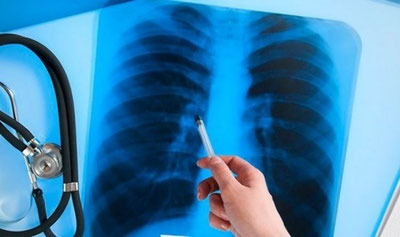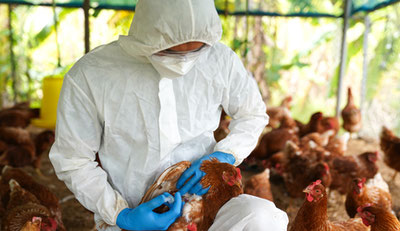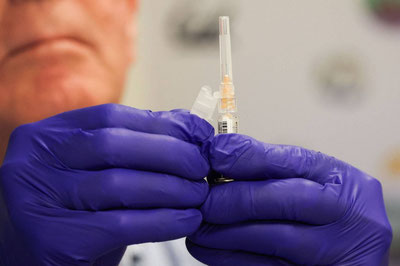According to the analyses provided by the Press Service of the CDC, they contain an excessively high amount of trans fats. According to the analysis by the World Health Organization, around 5 billion people worldwide are unprotected against the harmful effects of these fats. This increases the risk of heart diseases and death.
Trans fats used in the preparation of such foods are causing the death of nearly 300,000 people globally each year.
So, what is the medical professionals' conclusion on this matter?
— Trans fats — compared to beneficial fats for the organism, are cheaper and have a range of chemical and physical properties, — says Doctor of Medical Sciences, Professor Nizom Ermatov. — For example, they remain solid at room temperature, making them convenient to add to various processed food products.
They are considered industrially processed or naturally unsaturated fatty acids. This product is found in margarine, vegetable oils, fried foods, and pastries, especially crackers, cookies, and pies. In addition, it naturally occurs in the meat and milk of ruminant animals. However, both types are harmful to health.
Fats act as “building material” for the formation of cell membranes and other biological structures. If they are synthetically synthesized in trans form, they negatively affect the metabolic processes in the organism.
Specifically, they increase the level of harmful cholesterol, that is, low-density lipoproteins create blockages in the blood vessel walls, narrowing them. As a result, the circulation of blood and the supply of vital organs with blood deteriorates. Consequently, various dangerous diseases such as heart attacks, strokes, and pulmonary artery thromboembolism may occur.
Moreover, trans fats accelerate the process of inflammation, also increasing the risk of developing diabetes and cancerous diseases.
Therefore, the WHO recommends banning these types of fats or reducing their intake to up to 1 percent of the daily energy amount. That is, if the daily diet is 2000 calories, the share of trans fats should correspond to 2.2 grams. However, today, some foods contain an amount of these fats 200 times more than the daily norm.
In such a situation, the most correct approach is to completely renounce the consumption of trans fats or to minimize their amount.






